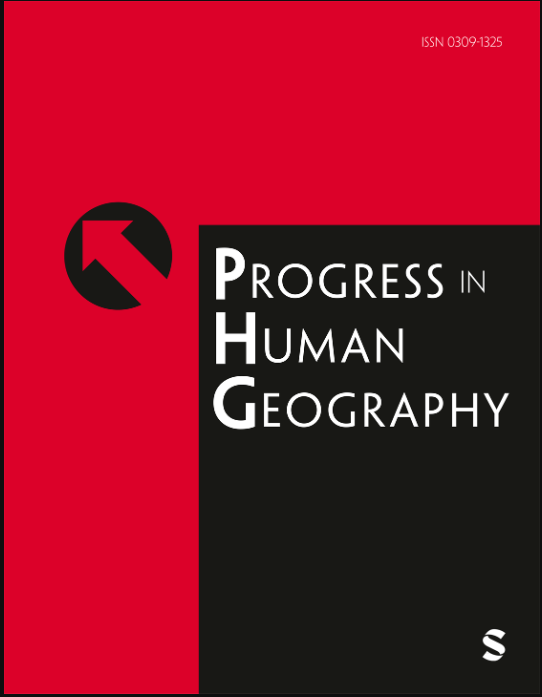贫穷的矿工和空的电子钱包:拉丁美洲在危机中的加密货币经验
IF 6.1
1区 社会学
Q1 GEOGRAPHY
引用次数: 0
摘要
本文探讨了加密货币如何越来越多地与拉丁美洲政治话语和日常经济生活中的危机纠缠在一起。在跨学科整合的努力中,将人文地理学与政治经济学和文化人类学相结合,我们批判性地评估了加密货币、经济危机以及政治和经济不稳定和剥削形式之间的联系。根据拉丁美洲的经验,主要是萨尔瓦多和委内瑞拉的案例,我们探讨了加密货币在经济和政治危机期间如何迅速出现和扩张。我们以货币的社会理论和对区块链和加密货币的批判性分析为基础,对这些明显的“不可信”基础设施的非政治假设提出了质疑。文章认为,加密货币有能力为临时经济生存、投机和快速盈利创造潜在的利基市场,同时再现脆弱性、不平等和“加密殖民主义”的历史条件。尽管加密货币被自由和去中心化社区控制的故事所包围,但我们关于萨尔瓦多和委内瑞拉的人种学数据表明,它们往往依赖于自由市场原教旨主义和国家支持的威权精英的政治腐败条件。本文章由计算机程序翻译,如有差异,请以英文原文为准。
Poor miners and empty e-wallets: Latin American experiences with cryptocurrencies in crisis
This article examines how cryptocurrencies are increasingly entangled with crises in Latin American political discourse and everyday economic life. In an effort of interdisciplinary integration, combining human geography with political economy and cultural anthropology, we critically assess the linkages between cryptocurrency, economic crisis and forms of political and economic precarity and exploitation. Drawing on experiences in Latin America, mostly on the cases of El Salvador and Venezuela, we explore how cryptocurrencies have rapidly emerged and expanded during periods of economic and political crises. We ground this discussion on social theories of money and critical analysis of blockchain and cryptocurrencies that question the apolitical assumptions of these apparent “trustless” infrastructures. The article contends that cryptocurrencies have the capacity to create potential niches for makeshift economic survival, speculation and quick profit, while at the same time reproducing historical conditions of vulnerability, inequality and ‘crypto-colonialism’. Though cryptocurrencies are surrounded by stories of freedom and decentralised community control, our ethnographic data on El Salvador and Venezuela suggest they often rely on free market fundamentalism and conditions of political corruption by authoritarian state-backed elites.
求助全文
通过发布文献求助,成功后即可免费获取论文全文。
去求助
来源期刊

Progress in Human Geography
GEOGRAPHY-
CiteScore
16.40
自引率
7.00%
发文量
56
期刊介绍:
Progress in Human Geography is the peer-review journal of choice for those wanting to know about the state of the art in all areas of research in the field of human geography - philosophical, theoretical, thematic, methodological or empirical. Concerned primarily with critical reviews of current research, PiHG enables a space for debate about questions, concepts and findings of formative influence in human geography.
 求助内容:
求助内容: 应助结果提醒方式:
应助结果提醒方式:


